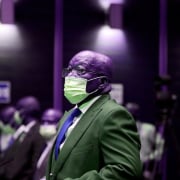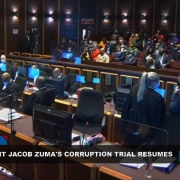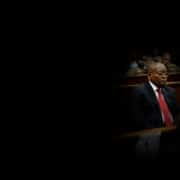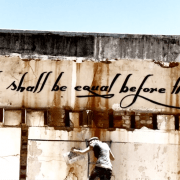|
Getting your Trinity Audio player ready...
|
By Thato Mahlangu
Jacob Zuma’s failure to appear for the pre-trial hearing at the Pietermaritzburg high court led the National Prosecuting Authority (NPA) to ask the high court judge to issue a warrant of arrest for the troubled former president.
The court did indeed issue the warrant and said in a statement on Monday, 3 September 2020 that it would be effected if Zuma fails to appear in court on 6 May 2020.
Zuma’s reason for not appearing, said the court, was given as illness in a letter dated 15 January 2020 and addressed to the KZN director of public prosecutions (DPP) by Zuma’s attorney Daniel Mantsha.
Mantsha asked the DPP to postpone the hearing. But the DPP, in response, asked Mantsha to provide her with copies of any medical evidence that the accused intends presenting to the court, so that the State may consider its position for the purposes of section 170 of the Criminal Procedure Act, according to the court.
Application for permanent stay of prosecution dismissed
This comes after Zuma, with the French arms company Thales, unsuccessfully applied for a permanent stay of prosecution in their corruption case relating to the controversial arms deal. The application was dismissed with costs, in a judgment handed down by the KwaZulu-Natal High Court in Pietermaritzburg on 11 October 2019.
The arms deal, which dates back to the late 1990s, was plagued by accusations of corruption, with Zuma being charged with money laundering, and racketeering. He was accused of having received a bribe from Thales, then known as Thompson-CSF. The deal, which was formally known as the Strategic Defence Package, was worth R30-billion, excluding interest on loans.
Zuma was initially charged in June 2005 by the NPA, shortly after he was fired by the then president Thabo Mbeki. In December 2007, a week after his election as ANC president, Zuma was served with papers to appear in court to face the charges. The date was set down for 14 August 2008.
But presiding judge Chris Nicholson ruled in September that Mbeki had interfered in the previous case against Zuma. Nicholson threw the case out, paving the way for Zuma to become South African president. He was sworn in on 9 May 2009.
However, Nicholson’s judgment had been scornfully set aside by the Supreme Court of Appeal in January that same year, with the five-member SCA bench unanimously agreeing that Nicholson was wrong. The charges were thus reinstated in 2018 but proved no obstacle to Zuma’s ascendancy.
Zuma’s then legal team also alleged that the case was politically motivated.
Changes with Thales court attendees as the trial continues
The court announced on 3 February 2020 that Christine Guerrier, representing Thales in the ongoing Zuma corruption trial, will be replaced with Pierre Marie Durand as she can no longer attend the court proceedings due to her retirement.
“It has been agreed that the State will request the court at the hearing on 4 February 2020 to replace her in terms of section 332(2)(b) of the CPA, No. 51 of 1977, with its new duly authorized representative in terms of section 332(2) of the CPA,” said the court in a statement.
According to the statement, Thales is not yet in a position to indicate what further pre-trial applications it will consider bringing and what admissions it will make, although it has indicated that both are likely.
The trial is set to continue on 6 May 2020.
Long-standing corruption allegations
The arms deal saga has been dragging on for years before the courts, although investigations started in the early 2000s.
News24 reported that in 2005, Zuma’s financial advisor Schabir Shaik was found guilty of fraudulent and corrupt activities which resulted in irregular payments being made to officials overseeing the arms deal selection. Zuma was then the deputy president of the ANC and of the country.
“Indeed, he was fired by then-president Thabo Mbeki, but led a resurgent comeback to secure the ANC presidency at the party’s Polokwane conference in 2007.”








